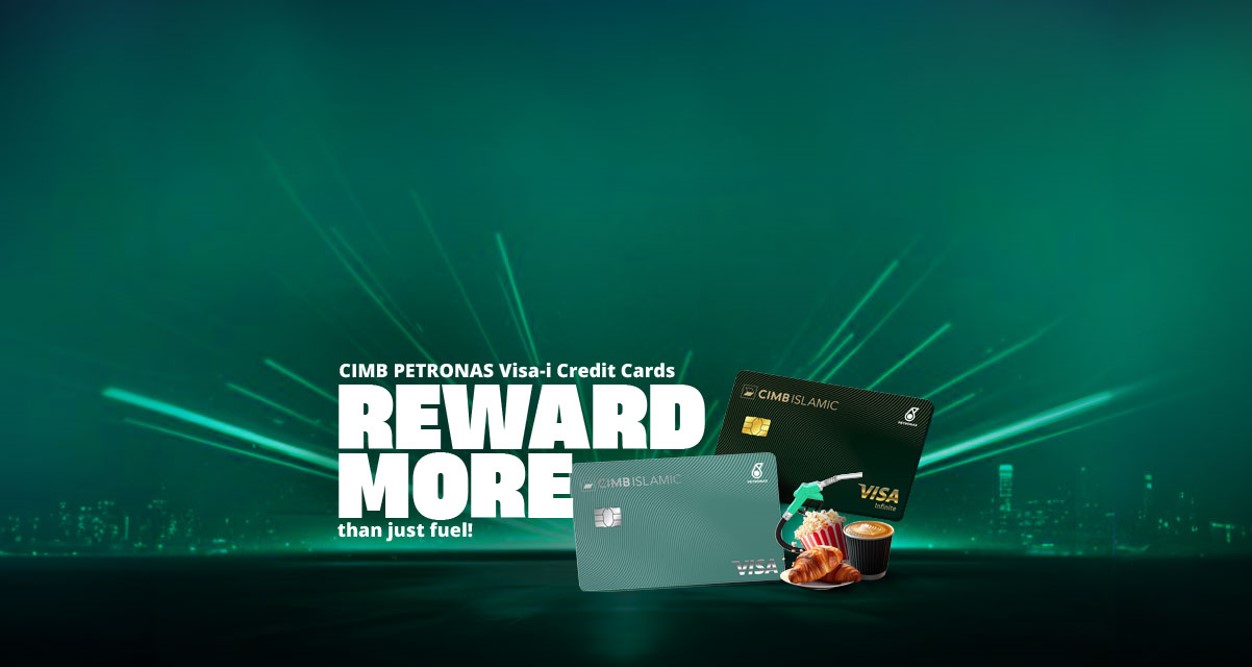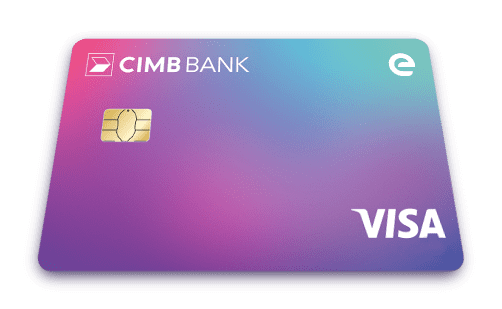{{tile.title}}
{{tile.description}}
{{tile.expiryDate}}





We will be right with you.
Savings Strategies
CIMB ❘ 13 May 2022
4 min(s) read
The global pandemic has changed the face of shopping in Malaysia as we know it – accelerating the adoption of e-commerce*. So, it’s not surprising that this has led to the growing payment trend of buy now pay later (BNPL) and Easy Payment Plan (EPP) services.
Whether you’re shopping for a gift or checking things off your wish list, these payment facilities can instantly make your purchases seem affordable. That’s because you don’t have to pay the entire sum in one go, which can provide convenience for shoppers.
So then, which payment option should you choose? Here’s everything you need to know about what BNPL and EPP have to offer.
As more online stores and retailers join the BNPL bandwagon, we take a closer look at this increasingly popular payment method.
So, let’s start from the basics: What is BNPL? As the name suggests, Buy Now Pay Later schemes let you buy something now, and pay for it down the road over a series of instalments. In essence, BNPL is a short-term flexible payment solution offered by fintech companies at the point of sale.
Here’s how it works: You’ll see the BNPL option presented to you when you’re at the checkout page of participating online shopping platforms. After selecting the BNPL provider, you’ll need to fill out a short application form and link your credit or debit card for payment.
While every BNPL payment scheme is unique to its provider, they typically offer 3/6 months interest-free instalments. However, if you don’t make your payments on time, you might be charged hefty late fees and charges.
Some popular BNPL providers in Malaysia include Atome, myIOU, hoolah, PayLater (by Grab), SPayLater (by Shopee) and Pine Labs.
Similar to BNPL, an Easy Payment Plan (EPP) or Flexi Payment Plan is a credit card instalment plan offered by banks to turn your purchases into smaller payments over a fixed period.
Conventional credit card transactions provide a short interest-free period to settle the full payment. With EPP, you can enjoy 0% interest for the entire repayment tenure when you spend at your bank’s participating merchant outlets. Remember that instalment periods differ depending on the bank, but they typically range from 3 to 36 months.
So, if you’ve made a purchase of RM6,000 using a 0% EPP with a 12-month tenure, the debt will be spread over 12 months. Simply put, you’ll need to pay RM6,000/12 months = RM500 monthly.
The EPP is usually available for larger purchases, including household appliances, furniture and electronic devices and gadgets. Most banks in Malaysia offer this service.
How to sign up for EPP? First, make sure that the outlet supports the EPP on your credit card and for your purchase amount. You’ll see stickers or signs at the retail outlet. Alternatively, you could ask the cashier at the checkout counter.
Here are some things to look out for:
When you’re clear and satisfied with the features and terms of the plan, you can use your credit card to pay, but don’t forget to inform the cashier/your bank that you’ll be opting for the Zero-Interest Easy Payment Plan.
Let’s go into detail about the benefits and drawbacks of BNPL and EPP:
| Payment Type | Pros | Cons |
|---|---|---|
| Buy Now Pay Later | -Minimal credit checks to apply.
- 0% or low interest rates.
-Easy & fast approval process Flexible payment plan. |
-Not all are interest-free.
-Not available at every retailer.
-Late or missing payments result in late fees and hefty fines.
-May encourage impulse buying.
-Harder to keep track – especially when there are more than one active providers. |
| Easy Payment Plan | -Accepted in most retail outlets.
-No fixed instalment payment plan.
-Manage cash flow better.
-Some cards offer perks such as points, cashback and insurance. |
-Require credit checks to apply.
-Usually has minimum spend to qualify.
-Can accumulate interest charges . |
With all the benefits that Buy Now Pay Later and Easy Payment Plans have to offer – it’s easy to see why it appeals to consumers. While there isn’t a cut and dry answer to which option is better, here’s what you should keep in mind to choose the right payment plan for your needs.
Overall finances
While both flexible income options help make each purchase more manageable, it’s important not to make purchases on a whim. Splurging on unnecessary large purchases can set you back financially, especially if you have other obligations like outstanding debt and living expenditure.
Repayment plan and duration
Before you engage in a BNPL or EPP facility, make sure that you can afford to pay the monthly repayment on time. If you make late payments or miss the instalment payment for your EPP altogether, you may rack up late fees, and the 0% interest rate may be retracted without notice.
If you have trouble meeting your BNPL instalments, you may be charged with high interest rates and negatively impact your credit score (should it be reported to credit reporting agencies).
Unlike credit card EPP services that allow you to stretch your spending up to 36 months, BNPL providers often provide short-term repayment periods. For instance, hoolah lets you split your purchases into three interest-free monthly instalments.
Cost
Most users choose to use Buy Now Pay Later services for smaller purchases due to its fast and convenient payment process. As long you pay your payments on time, you won’t need to pay interest or late fees. The exact amount you’ll need to pay monthly varies depending on the terms and size of the purchase.
When it comes to EPP, the conventional focus is on large-ticket size items like electronics, home décor and appliances. Most banks impose a minimum spending requirement for you to qualify for 0% EPP. So, be sure to check for the minimum spend required with your respective banks before you swipe.
Additional offers and benefits
Some credit cards offer bonus perks such as cashback, travel insurance and exclusive access to airport lounges. If you only use BNPL services, you might miss out on other credit card deals.
Indeed, BNPL platforms are a fast and easy payment method for consumers that have trouble applying for credit cards due to a lack of credit history or low credit score. However, both come with considerable consequences if you split payments without careful consideration and don’t stay on top of your payments.
It goes without saying that both BNPL and EPP options have their merits and downsides. Ultimately, the choice depends on your financial situation, how well you manage repayments and your spending habits.
Need some help on how to manage your finances? Check out for more financial tips here!
This article is for informational purposes only and CIMB does not make any representation and warranty as to the accuracy, completeness and fairness of any information contained in this article. As this article is general in nature, it is not intended to address the circumstances of any particular individual or entity. You are advised to consult a financial advisor or investment professional before making any decisions based on the information contained in this article. CIMB assumes no liability for any consequences arising from your reliance on the information presented here.
Source:
* https://retailasia.net/e-commerce/in-focus/pandemic-drives-e-commerce-boom-in-malaysia
This link is provided for your convenience only and shall not be considered or construed as an endorsement or verification of such linked website or its contents by CIMB Group.
CIMB Group makes no warranties as to the status of this link or information contained in the website you are about to access.
Do you wish to proceed?


